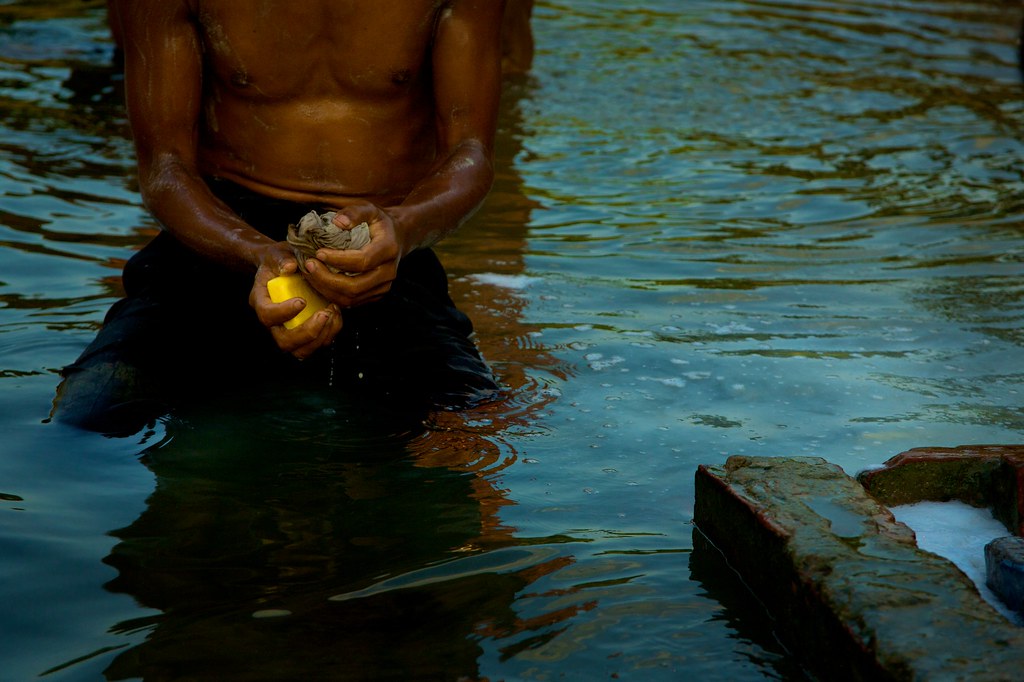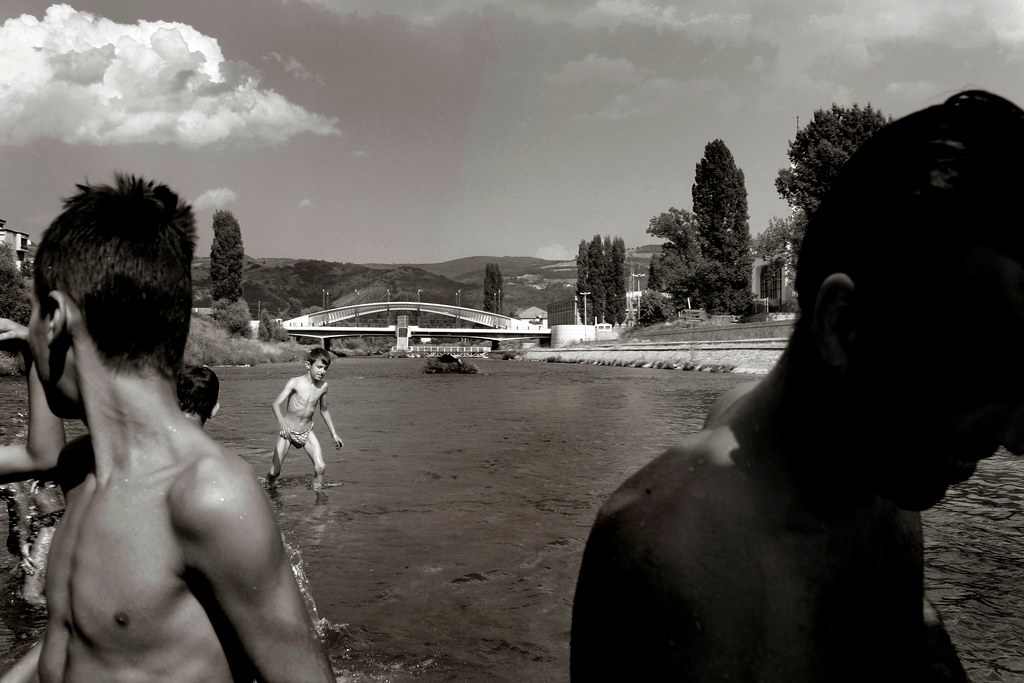[column][/column]
[column]This is Semi NSFW and a little ADD, but it's worth it. John Roderick of the Long Winters and Merlin Mann have a conversation about work, pay, and "doing it for the love of the game."
Journalism is not on some island that's changing in a vacuum. Journalism is being forced to evolve as the environment that Journalism came to age in is changing rapidly. Musicians, designers, filmmakers are all having to figure out what to do now that it only costs about $2000 (usually less) to get into any of these fields and start producing. Cost of entry used to be the gate that kept the fakers and fanboys at bay from real work, but now any kid with a DSLR can show up and get A1 coverage. The risks seem small, the repercussions for improper coverage seem even smaller.
So how do you as a journalist (a real journalist) rise above the thousands of people who just like the idea of being a journalist on the weekends? Don't compete with them. Don't fight over the same carcass that a thousand hyenas are scrambling over, you're a leopard, go find an actual gazelle yourself and when you find that story, insist on getting paid properly. Always. Enjoy the video[/column]
[column]This is Semi NSFW and a little ADD, but it's worth it. John Roderick of the Long Winters and Merlin Mann have a conversation about work, pay, and "doing it for the love of the game."
Journalism is not on some island that's changing in a vacuum. Journalism is being forced to evolve as the environment that Journalism came to age in is changing rapidly. Musicians, designers, filmmakers are all having to figure out what to do now that it only costs about $2000 (usually less) to get into any of these fields and start producing. Cost of entry used to be the gate that kept the fakers and fanboys at bay from real work, but now any kid with a DSLR can show up and get A1 coverage. The risks seem small, the repercussions for improper coverage seem even smaller.
So how do you as a journalist (a real journalist) rise above the thousands of people who just like the idea of being a journalist on the weekends? Don't compete with them. Don't fight over the same carcass that a thousand hyenas are scrambling over, you're a leopard, go find an actual gazelle yourself and when you find that story, insist on getting paid properly. Always. Enjoy the video[/column]



